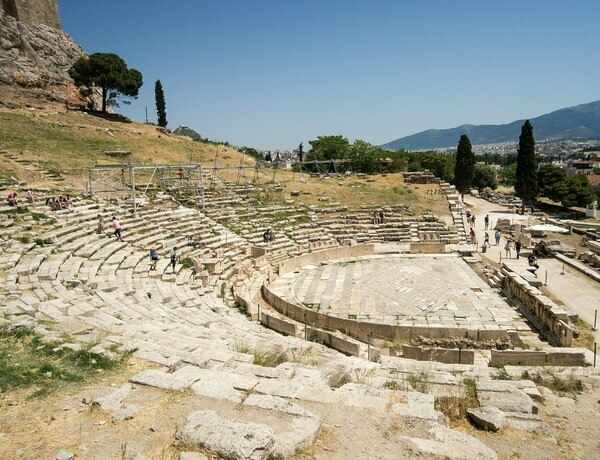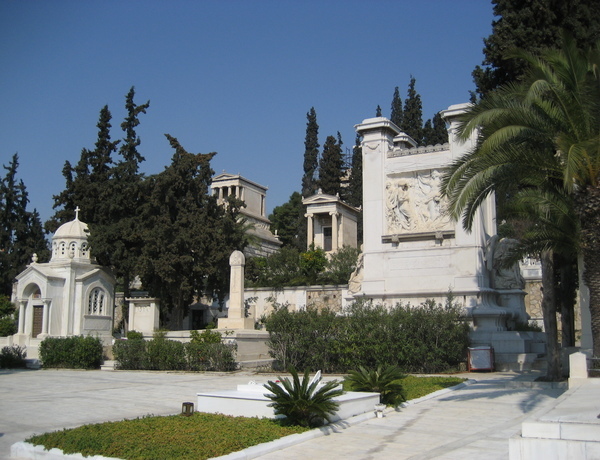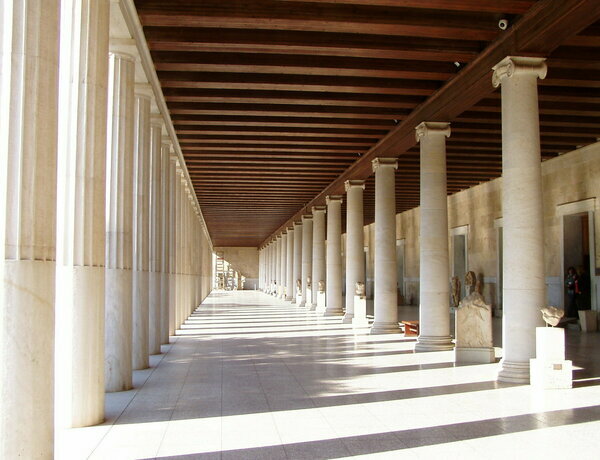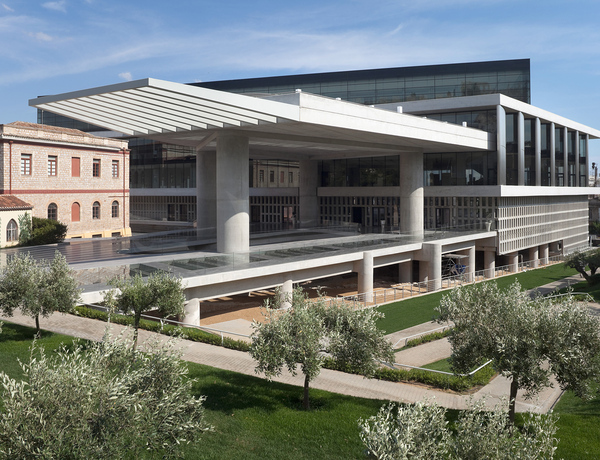The Theatre of Dionysus is an ancient theater located on the southern slope of the Acropolis in Athens, Greece. It is named after Dionysus, the Greek god of wine, fertility, and theater, and it was the site of the ancient Athenian drama festivals.
The Theatre of Dionysus was built in the 6th century BC, and it underwent several renovations and expansions over the centuries. At its peak, it could seat up to 17,000 spectators, and it was considered one of the most important theaters in the ancient world.
The theater was the birthplace of Greek drama, and it hosted many famous plays by the great playwrights of the time, including Aeschylus, Sophocles, and Euripides. It was also the site of the first dramatic competitions, which were held in honor of Dionysus and involved the performance of three tragedies and one satyr play.
Today, the Theatre of Dionysus is a popular tourist attraction in Athens. Although much of the original structure has been lost to time, visitors can still see the remains of the stage, the orchestra pit, and some of the seating areas. The theater is also used for performances and events during the Athens Festival, which takes place every summer.





